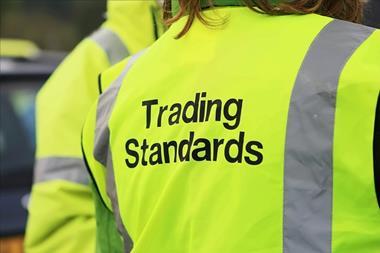
Ahead of the UN Ocean Conference in Nice next week, a new global analysis unveiled today (3 June) by circular economy non-profit group, Reloop, has revealed dramatic falls in beach litter from drinks bottles where deposit return schemes (DRS) are introduced.
This new analysis of International Coastal Cleanup data from over 80 countries has found that harmful plastic bottle litter on beaches is significantly lower in countries which run DRS.
In the new report, Littered With Evidence, Reloop finds that, on average, the proportion of drinks items in the litter stream was 54% lower by count in areas with a DRS. Among European nations which have implemented the policy, plastic bottles accounted for an average of just 0.5% of total litter by count in 2023, compared to 3.2% for those without a scheme - an 86% lower share.
The analysis also finds that litter levels across a range of container types were significantly lower in areas with deposit return compared to those without:
- Plastic beverage bottles were 63% lower
- Beverage cans 40% lower
- Glass bottles were 41% lower
The report also outlines the benefits recorded in The Republic of Ireland since the introduction of its DRS in February 2024. A national litter survey conducted in June last year found a 30% reduction in drinks can litter and a 20% drop in plastic bottle litter.
The DRS is set to launch in England, Scotland and Northern Ireland in October 2027 and will see a small deposit placed on drinks bottles and cans to incentivise their return for recycling. Bottle recycling rates in the UK currently sit at around 70%.
Sarah Horner, UK and Ireland director at Reloop, said: “This new global analysis provides clear and compelling evidence that well-designed DRS can play a vital role in reducing plastic pollution at source by helping to keep plastic bottles from reaching our seas.”
Clarissa Morawski, CEO of Reloop, added: “Litter is far more than just an eyesore - it has far-reaching environmental, social and economic consequences. From harming wildlife and polluting waterways to lowering property values and straining public budgets, the costs of unmanaged litter are significant and widespread.
“Well-designed DRS offer a practical, proven solution. By significantly reducing beverage container litter, and often cutting general litter levels as well, deposit return schemes help address the issue at its source.”






























No comments yet